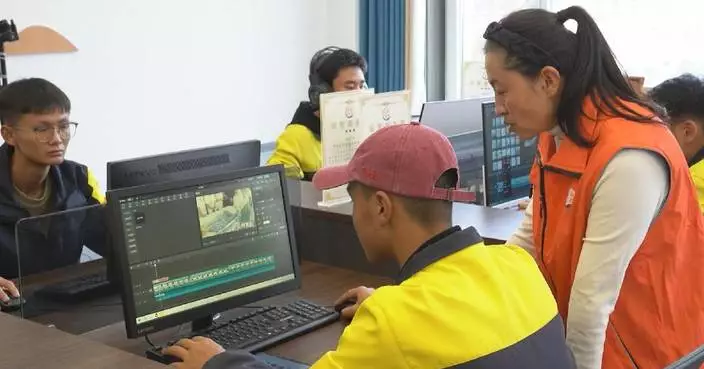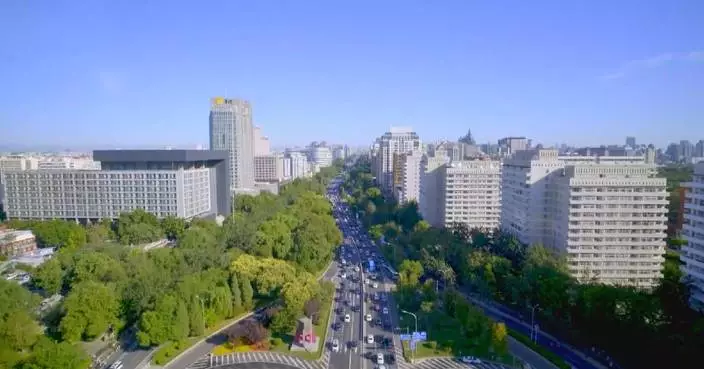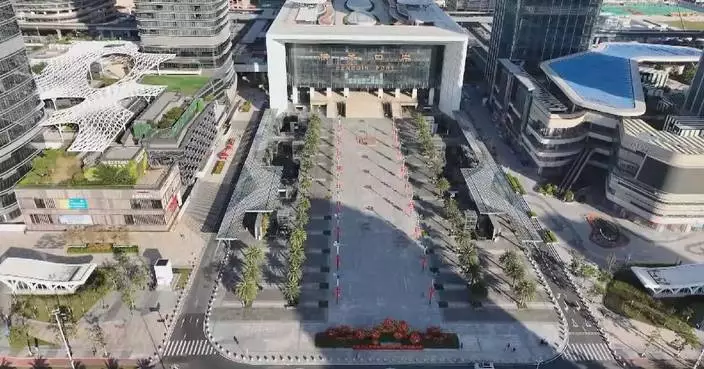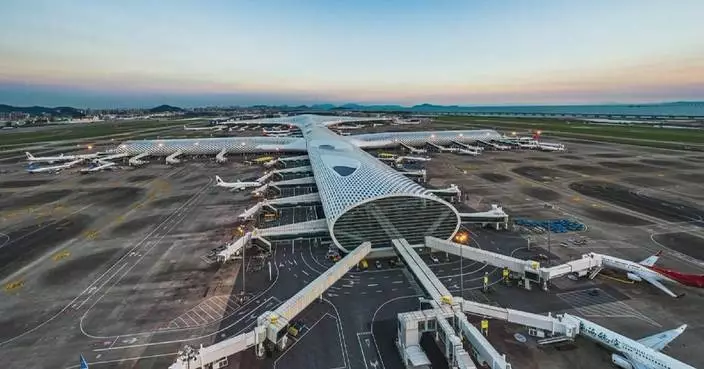All the 179 victims of a deadly passenger jet crash that occurred in South Korea's southwestern airport on Sunday had been identified as of 6:00 Wednesday, the South Korean government said.
The handling of the aftermath and the investigation into its cause are still ongoing, said the authorities.
The Ministry of Land, Infrastructure and Transport said Wednesday morning that the extraction of the Cockpit Voice Recorder (CVR) has already been completed, and the data will be converted into audio format for investigation.
Earlier, the commission for the investigation of aviation and railway accidents said that the Flight Data Recorder (FDR) sustained partial damage, and the CVR remained intact.
The Boeing 737-800 of the Jeju Air crashed while landing at the Muan International Airport, some 290 km southwest of Seoul. Of the 181 people on board, only two crew members survived. It was the country's deadliest aviation disaster in nearly three decades.
Because of the estimated landing gear failure, the airplane landed without wheels, skidded off the runway and crashed into the outer wall of the runway, with its fuselage broken apart and catching fire.
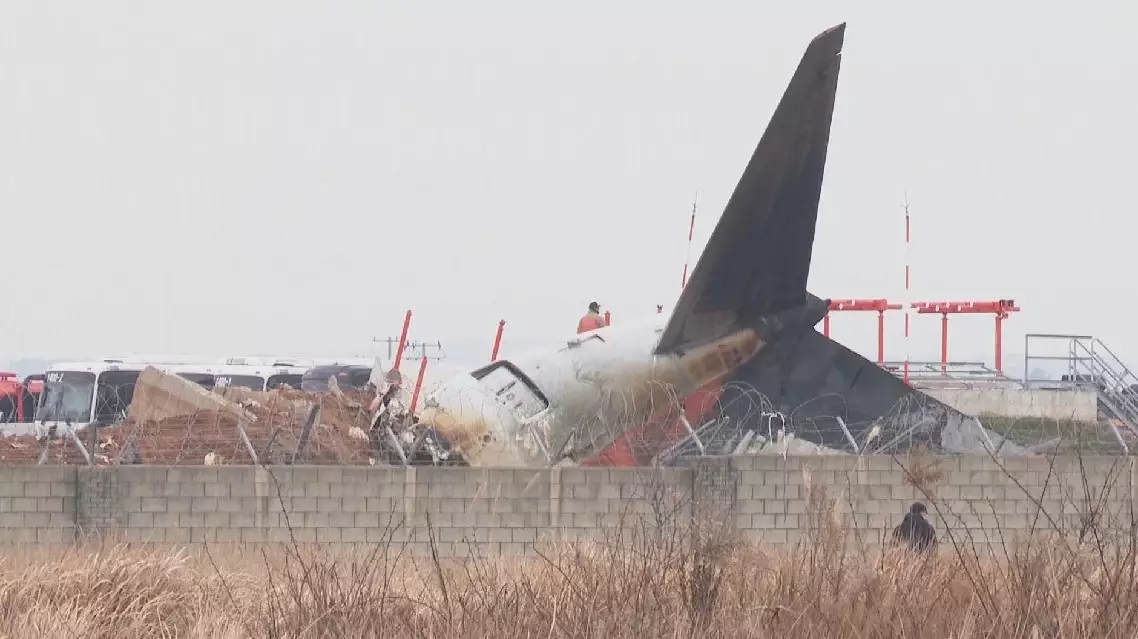
All victims in South Korean plane crash identified
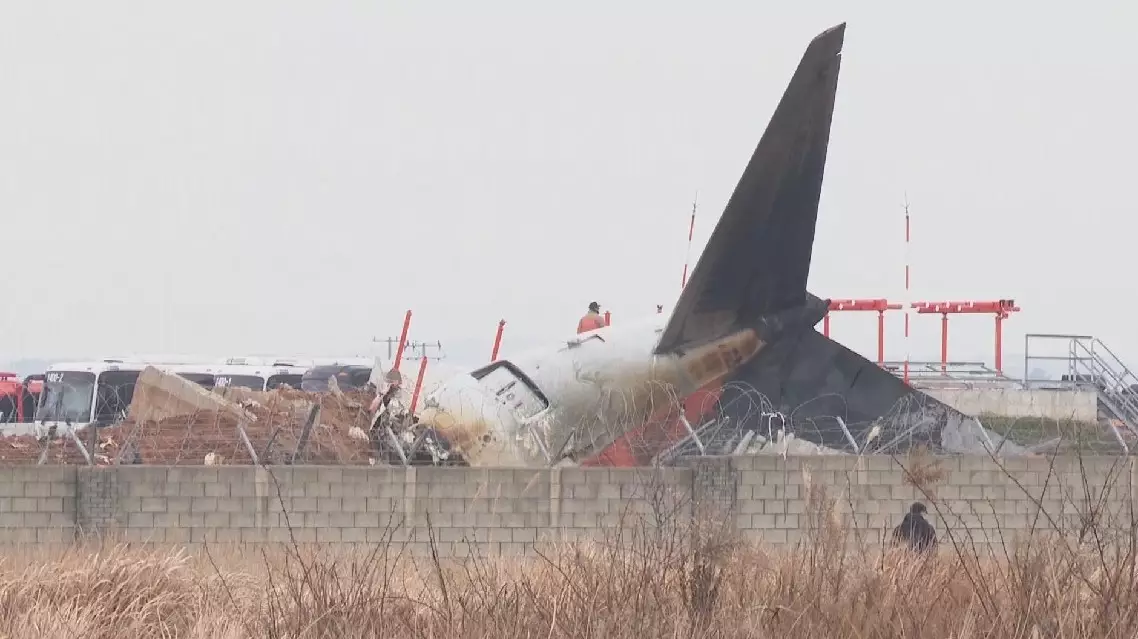
All victims in South Korean plane crash identified
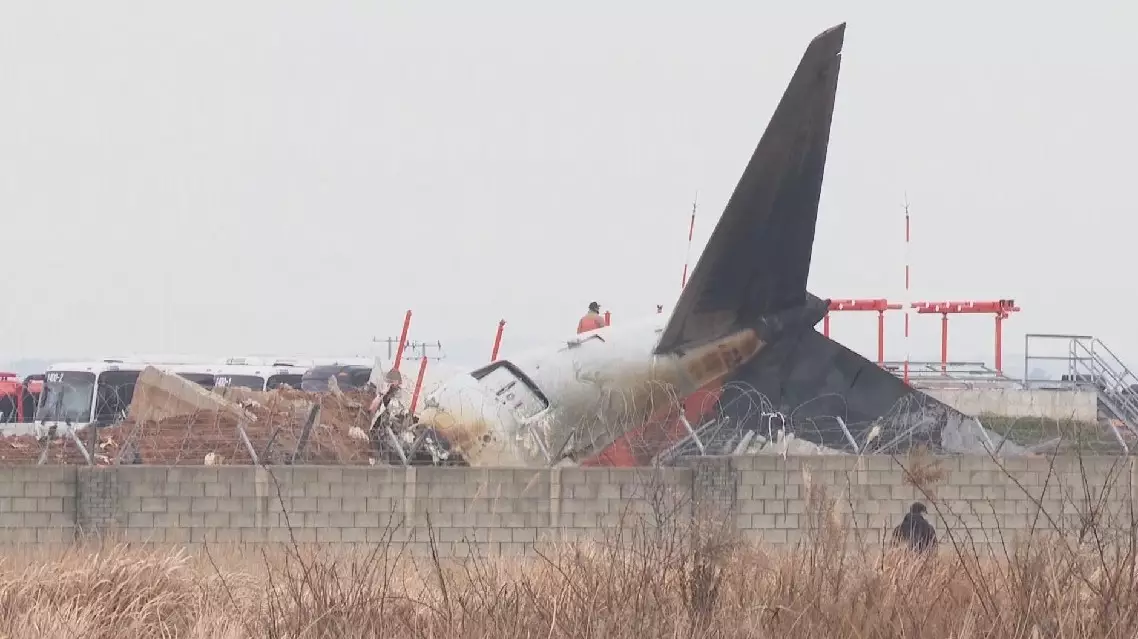
All victims in South Korean plane crash identified
China's consumer market is buzzing in the new year with a wave of new consumption scenarios and emerging business models which are catering to the public demand for more diverse experiences.
The New Year's Day holiday in China on Wednesday helped spur a consumption and travel boom, as many headed out to do some shopping or enjoy other leisure activities to start the year in style. Data shows that 60 major shopping areas in Beijing recorded a passenger flow of over 8 million, marking a nearly 8 percent increase over the previous year.
In addition, the total single day consumption value in the populous Chongqing Municipality of southwest China exceeded 6.5 billion yuan (around 880 million U.S. dollars) on Wednesday, while hotel bookings in several popular cities during New Year's Eve also saw an 1.1-fold year on year increase.
Up and down the country, streets were busy as many headed out to enjoy the first day of 2025. The first-ever commercial complex set up in a rural township of the Wenshan Zhuang and Miao Autonomous Prefecture in southwest China's Yunnan Province was bustling with visitors during the New Year season.
The complex in Xingjie Town has numerous themed streets and smart grocery markets, becoming a convenient one-stop shopping center for local residents. This development brings also fresh economic opportunities for the town's farmers to sell their fresh produce, and serves as a new platform for consumption in rural areas of the prefecture.
"Our life has become much more convenient thanks to this complex. Now, everything we need is right at our doorstep with a large variety of choices," said Wu Yutian, a local resident in Xingjie Town.
In China's financial hub Shanghai, many shopping malls are embracing the relatively new concept of the "debut economy," which refers to a range of economic activities involving the launch of new products, businesses, services, or technologies, as well as new store openings.
The city has transformed traditional shopping centers into more dynamic hubs of innovation by building grander complexes that feature flagship stores, premier events, and exclusive exhibitions.
The move aims to position Shanghai as a leader in setting fashion trends and defining consumer preferences in China, according to a local official. "Through cultivating the 'debut economy,' we hope to allow more Shanghai brands to lead fashion trends in the building of an international consumption center city," said Liu Min, deputy director of the Shanghai Municipal Commission of Commerce.
In central China's Hubei Province, some shopping centers have introduced a host of immersive light exhibitions, enhancing the shopping experience with a captivating series of cutting-edge visual effects.
In the eastern Fujian Province, the picturesque Hua'an County is leveraging its local fishing industry by developing a unique blend of homestays and cultural experiences. Such innovations have been complemented by the launch of over 50 cultural and tourism activities, attracting a surge of visitors from across the country to enjoy the local flavors. "Stepping out of the hotel, I can try delicious food and experience local customs. It's such a delightful experience," said tourist Jiang Yuhan.
With the skiing season in full swing in China's northern regions, a host of tailored features such as ski equipment storage along with special photography services have been introduced and refined to enhance the traveling experience for visitors.
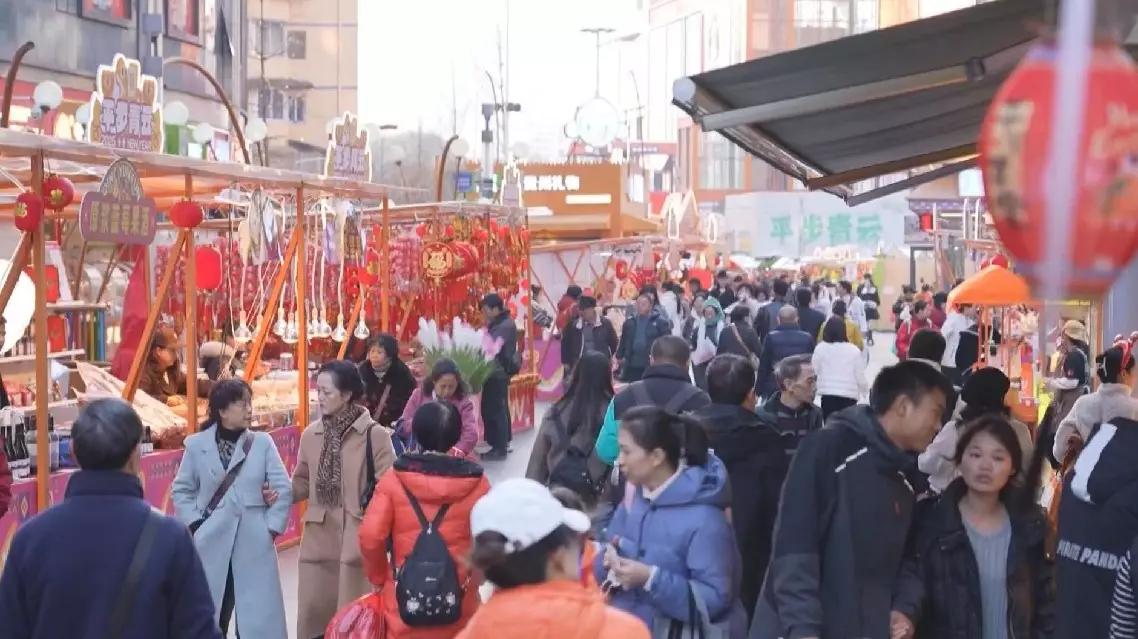
Diversified scenarios, business models fuel consumption boom across China in new year






